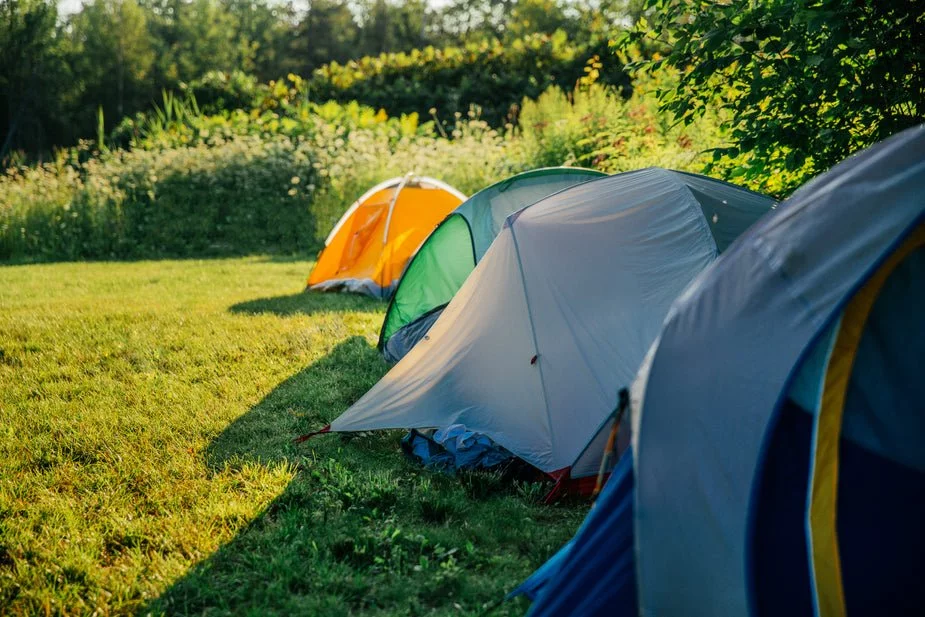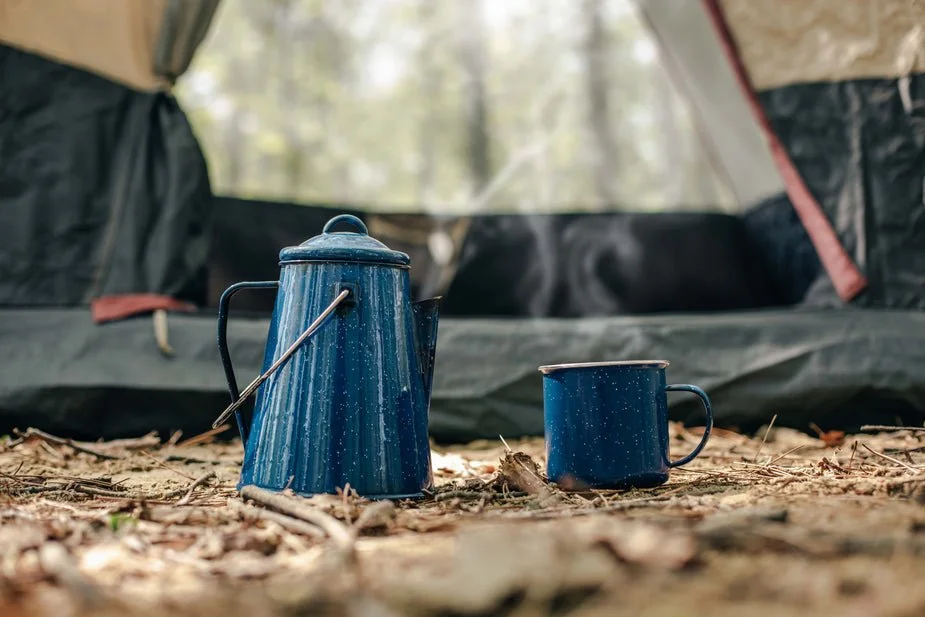When it comes to camping, one of the most important gear choices you’ll make is selecting the right camping tent. Your tent will serve as your shelter and sanctuary in the great outdoors, protecting you from the elements and providing a comfortable space to rest. With a wide range of options available, it’s crucial to consider certain factors before making a decision. In this guide, we’ll walk you through the key considerations for choosing the perfect camping tent.
- Tent Size and Capacity:
First and foremost, determine the size and capacity of the tent you require. Consider the number of people who will be sharing the tent and the amount of gear you need to store. Tents are typically labeled with their capacity, such as 2-person, 4-person, or more. Keep in mind that the stated capacity often assumes minimal gear storage, so if you prefer more spacious accommodations, consider opting for a larger tent. - Tent Type and Design:
Next, consider the type of tent that suits your camping style. The three main types are: a. Dome Tents: Dome-shaped tents are popular due to their easy setup, good wind resistance, and spacious headroom. b. Cabin Tents: Cabin-style tents offer vertical walls and a rectangular shape, providing ample standing space and a roomier feel. c. Backpacking Tents: If you plan on carrying your tent while hiking, lightweight and compact backpacking tents are essential. They prioritize portability over spaciousness. - Seasonality and Weather Resistance:
Consider the camping conditions you’re likely to encounter. Tents are categorized into three main seasons: a. 3-Season Tents: These tents are designed for spring, summer, and fall camping. They provide good ventilation and protection against rain and moderate wind. b. 4-Season Tents: Ideal for winter or extreme weather conditions, these tents are built to withstand heavy snow, strong winds, and harsh environments. They offer superior insulation and durability. c. Summer Tents: Specifically designed for warm weather camping, these tents prioritize ventilation and breathability. - Tent Weight and Portability:
Weight and portability are crucial factors, particularly if you plan to hike or backpack. Lightweight tents are typically made of high-tech materials and come with a compact storage size. However, keep in mind that lighter tents may sacrifice some durability or extra features, so find the right balance that suits your needs. - Tent Durability and Construction:
Check the tent’s construction and materials to ensure durability. Look for robust tent poles, quality stitching, and sturdy zippers. Waterproof or water-resistant fabrics are essential to keep you dry during rainy conditions. Reinforced floors and guy lines also contribute to the tent’s overall strength. - Additional Features:
Consider the extra features that enhance your camping experience. Some popular options include: a. Vestibules: These provide additional storage space outside the main sleeping area, keeping gear organized and dry. b. Multiple Doors: Tents with multiple doors offer convenient entry and exit points, allowing campers to move without disturbing others. c. Ventilation: Adequate ventilation is crucial to minimize condensation and keep the tent interior comfortable. d. Ease of Setup: Look for tents with intuitive setup mechanisms and clear instructions.
Choosing the right camping tent requires careful consideration of factors such as size, type, seasonality, weight, durability, and additional features. By assessing your specific camping needs and preferences, you can make an informed decision that ensures a comfortable and enjoyable outdoor experience. Remember, investing in a high-quality tent that suits your requirements will provide you with reliable shelter for countless camping adventures to come.



